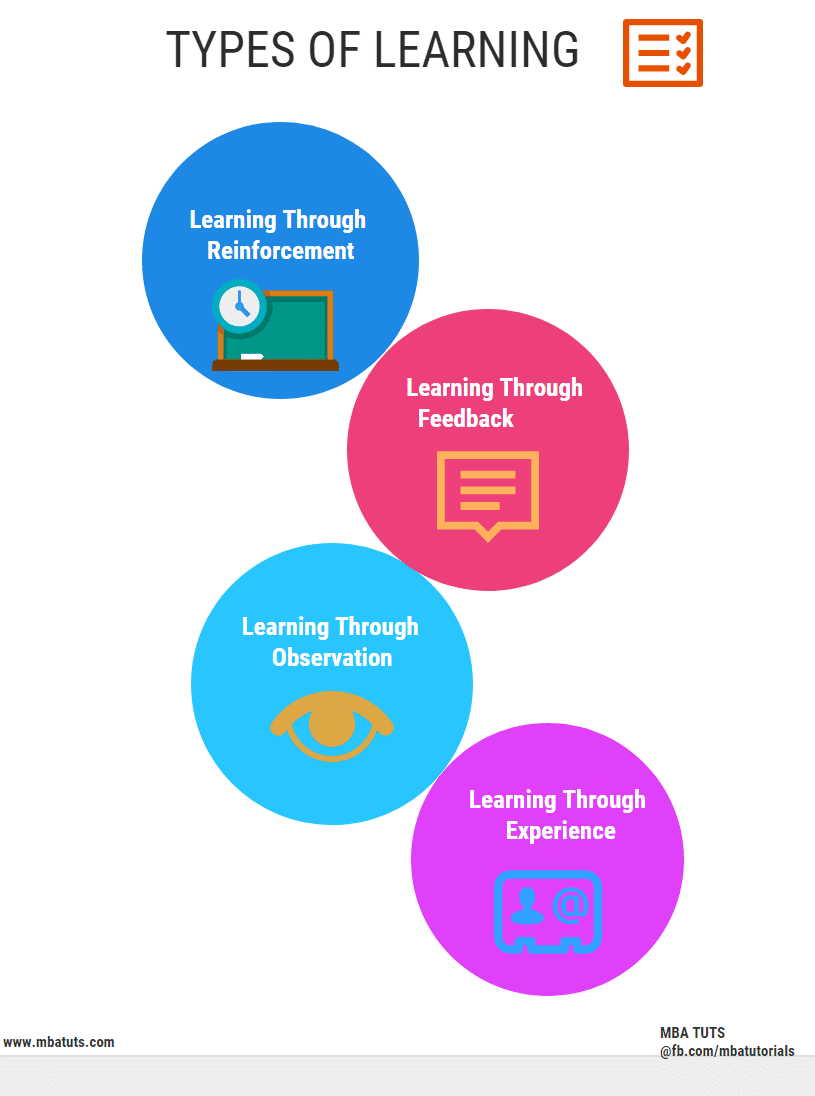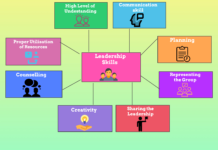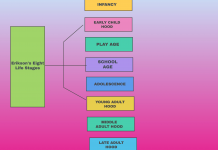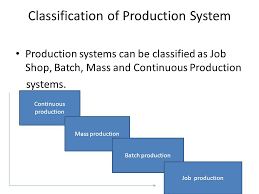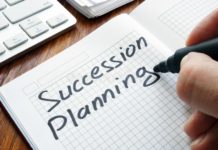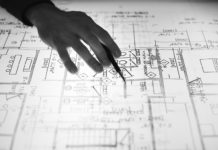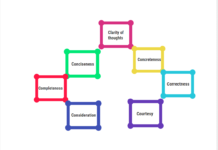Types Of Learning in Behavior Modelling
Learning is the process of having one behavior modified more or less permanently by which affects on the action or by what he observes. All complex behavior of human beings is learned. If a manager wants to explain & predict human behavior he needs to understand how the learning access or how people learn
Definition Of Learning
“Learning is a relatively permanent change in behavior that occurs as a result of experience.”
Components of learning
i) Learning involves change, the change may be good or bad The change in behavior must be relatively permanent.
ii) The change in behavior must be relatively permanent.
iii) A temporary change in behavior as a result of fatigue cannot consider learning.
1. Learning through reinforcement
Here accurate results are been expected but which actions are more suitable to achieve a result is not been told.
For Eg In a game, the player knows either he wins or loses, but doesn’t know how to move at each step.
Features of reinforcement learning
- It is a trial & error search
- It may have delayed the reward
- Consider the whole problem of a goal
2. Learning through feedback
Feedback refers to the effect of behavior on an act. While talking to others eye contact helps to get accurate feedback on nonverbal clues. This feedback enhances our communication skills.
3. Learning through Observation
Both children & adults learn a great through observation. Young children learn languages, social skills, habits, ears& much other everyday behavior by observing their parents& older children. Observational learning helps people to acquire new behavior in two ways
- How other peoples perform in difficult circumstances
- It provides evidence of behavior
4. Learning Through Experience
Experience learning is an important form of learning. It involves the forming of new associations & the perceiving of new relationships among events. This type of learning is called cognitive because it refers to the processing of information about the environment that is received through the senses. Cognitive processes involve
- The selection of information
- The making of alterations in the selection of information
- The association of items of information with each other
- The retrieval of stored information.


